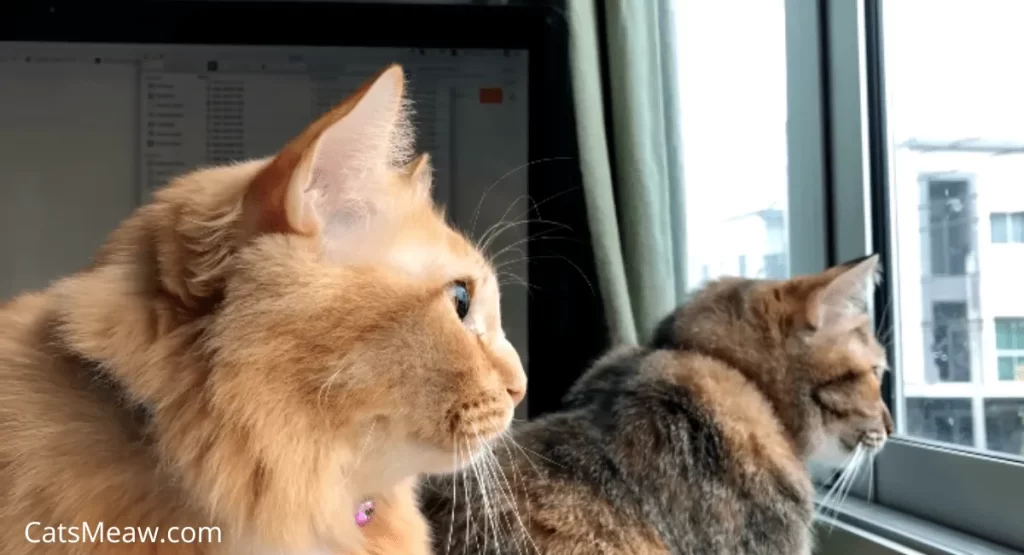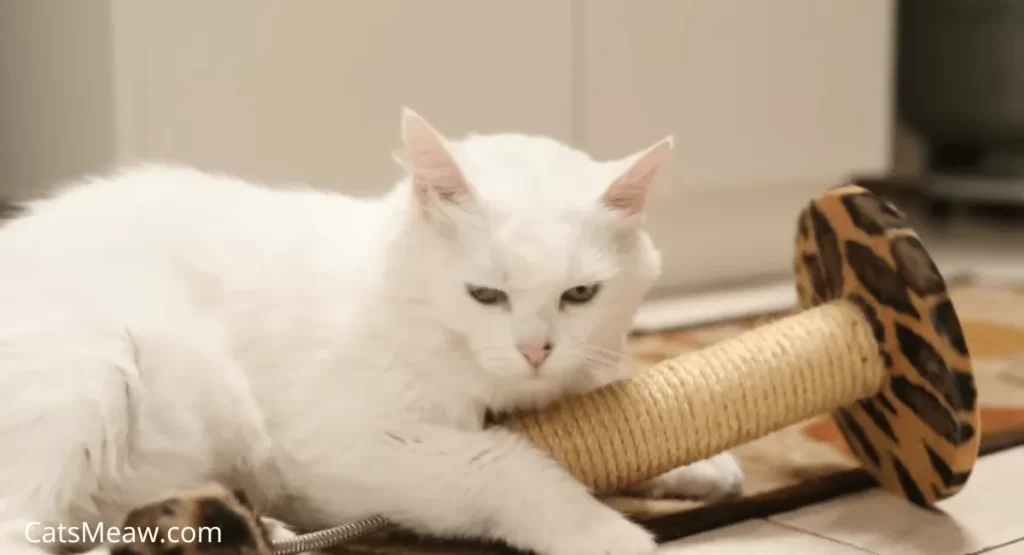Cats are undeniably charming and full of personality, but for many cat parents, nighttime antics are a common frustration. While you’re trying to get your much-needed rest, your feline friend is often wide awake, enjoying activities that might interrupt your sleep. Let’s dive into the 10 things cats love that might keep you up at night—and how to manage these quirky behaviors.

Table of contents
Understanding Your Cat’s Nocturnal Nature
Why Cats Are More Active at Night
Cats are crepuscular creatures, meaning they’re most active during dawn and dusk. This stems from their ancestry as hunters who relied on low light to stalk prey. While domestic cats may not need to hunt, their instincts remain strong, driving them to engage in bursts of activity—especially at night.
How Your Cat’s Love for Activities Disrupts Sleep
If your cat’s midnight adventures feel like a concert in your bedroom, you’re not alone. Cats often engage in attention-seeking or exploratory behavior at night, which can lead to sleepless nights for their human companions. Understanding what drives these behaviors is the first step to finding peace.
10 Things Cats Love That Keep You Awake
1. Midnight Zoomies
Have you ever heard your cat racing through the house like their tail is on fire? Cats love zoomies—short bursts of energy that often occur late at night. It’s their way of releasing pent-up energy and practicing their hunting skills, even if there’s nothing to chase.
2. Hunting (Even When There’s No Prey)
Cats are natural hunters, and nighttime often brings out their instincts. You might catch your cat stalking invisible prey or pouncing on random objects, using the quiet hours to sharpen their predatory skills.
3. Attention-Seeking Behavior
Cats are masters of demanding attention when they want it most. Whether it’s pawing at your face, meowing loudly, or sitting on your chest, they often choose nighttime to remind you they’re in charge.
Our pick: Best Cat Grooming Supplies
4. Playing with Toys
That crinkly ball or jingling toy that seemed adorable during the day? It can become a nightmare at 3 AM. Cats love the sensory stimulation of noisy toys, regardless of the time.
5. Scratching Furniture
Scratching is an instinctive behavior for cats, helping them stretch and sharpen their claws. Unfortunately, the sound of claws against furniture—or worse, your bed frame—can be startling when you’re trying to sleep.
Related: Why Do Cats Purr? 5 Reasons
6. Climbing and Exploring
Cats love to climb and explore their surroundings, often scaling furniture, shelves, or even your bed. Their curiosity knows no bounds, and nighttime offers the perfect opportunity for quiet exploration.
7. Kneading on You or Your Bedding
Kneading is a comforting behavior that reminds cats of nursing as kittens. While it’s endearing, the rhythmic pressing of paws on your body or bedding can be disruptive if you’re trying to sleep.

8. Chatting and Chirping
Some cats are highly vocal, especially at night. They may chirp at birds they see through the window, “talk” to you, or simply enjoy hearing their own voice.
9. Batting at Curtains or Blinds
The movement of curtains and blinds is irresistible to cats. They’ll bat, climb, or paw at them, creating noise and chaos that can wake even the heaviest sleeper.
10. Snacking and Water Drinking
Many cats love a late-night snack or drink. If their food bowl is empty or their water is low, you might hear them pawing at their dish or noisily eating.
How to Manage Nighttime Cat Behavior
Creating a Cat-Friendly Nighttime Routine
- Tire out your cat with interactive play sessions an hour or two before bedtime.
- Feed them a satisfying meal before you sleep to reduce midnight hunger pangs.
Providing Quiet Toys
Invest in soft or silent toys that won’t create noise if your cat decides to play at night. Puzzle feeders can also keep them entertained without disturbing your rest.
Using Enrichment to Curb Nocturnal Behavior
Cats need mental and physical stimulation. Try using:
- Puzzle feeders to engage their minds.
- Scratching posts to satisfy their clawing instincts.
- Cat trees or shelves for climbing and exploring.
Why Cats Wake Us Up and Why We Love Them Anyway
Cats’ Unique Way of Showing Affection
While their behavior can be frustrating, much of it stems from their desire to interact with us. Kneading, vocalizing, or even curling up beside you are signs of trust and affection.
Embracing the Quirks of Cat Parenthood
Cats’ nighttime habits may disrupt our sleep, but they’re also a reminder of their unique personalities. With patience and a few adjustments, you can find ways to coexist peacefully—and even laugh at their antics.
Conclusion
Cats’ love for midnight activities can be a challenge, but understanding the reasons behind their behavior and taking steps to address it can help you and your furry friend enjoy restful nights. By setting boundaries and creating a stimulating environment, you can reduce disruptions while strengthening your bond with your cat.
FAQs
1. Why does my cat wake me up at the same time every night?
Cats are creatures of habit and often follow a strict routine. If they wake you up at the same time, they might be expecting food, play, or attention.
2. How can I stop my cat from making noise at night?
Tire them out with play before bedtime and provide enriching toys or activities to keep them busy while you sleep.
3. Are some cat breeds more nocturnal than others?
Yes, some breeds like Siamese and Bengals are more active and vocal at night due to their energetic and social nature.
4. What toys are best for keeping my cat occupied at night?
Soft toys, puzzle feeders, and interactive toys that don’t make noise are ideal for nighttime play.
5. Is it normal for cats to vocalize so much during the night?
Yes, especially if they’re seeking attention, bored, or responding to stimuli like birds or noises outside. Addressing their needs can help reduce nighttime vocalizations.
